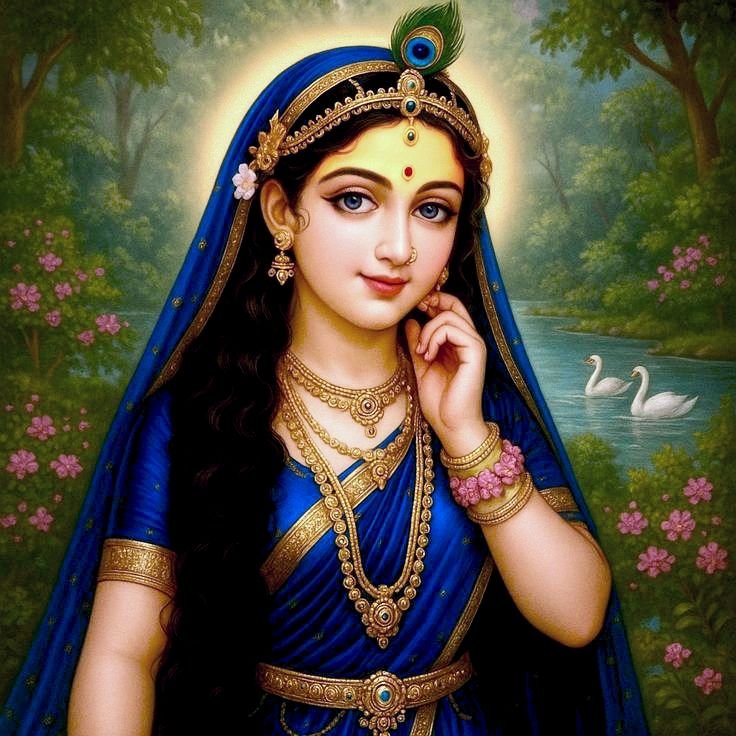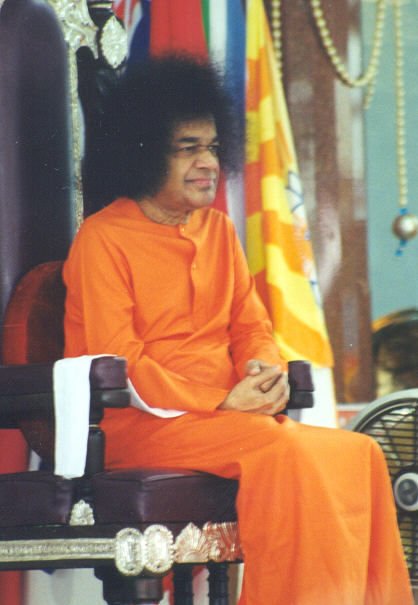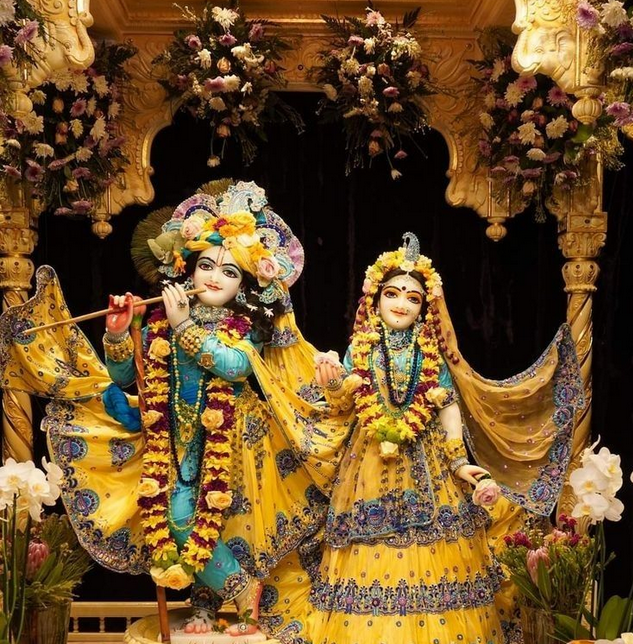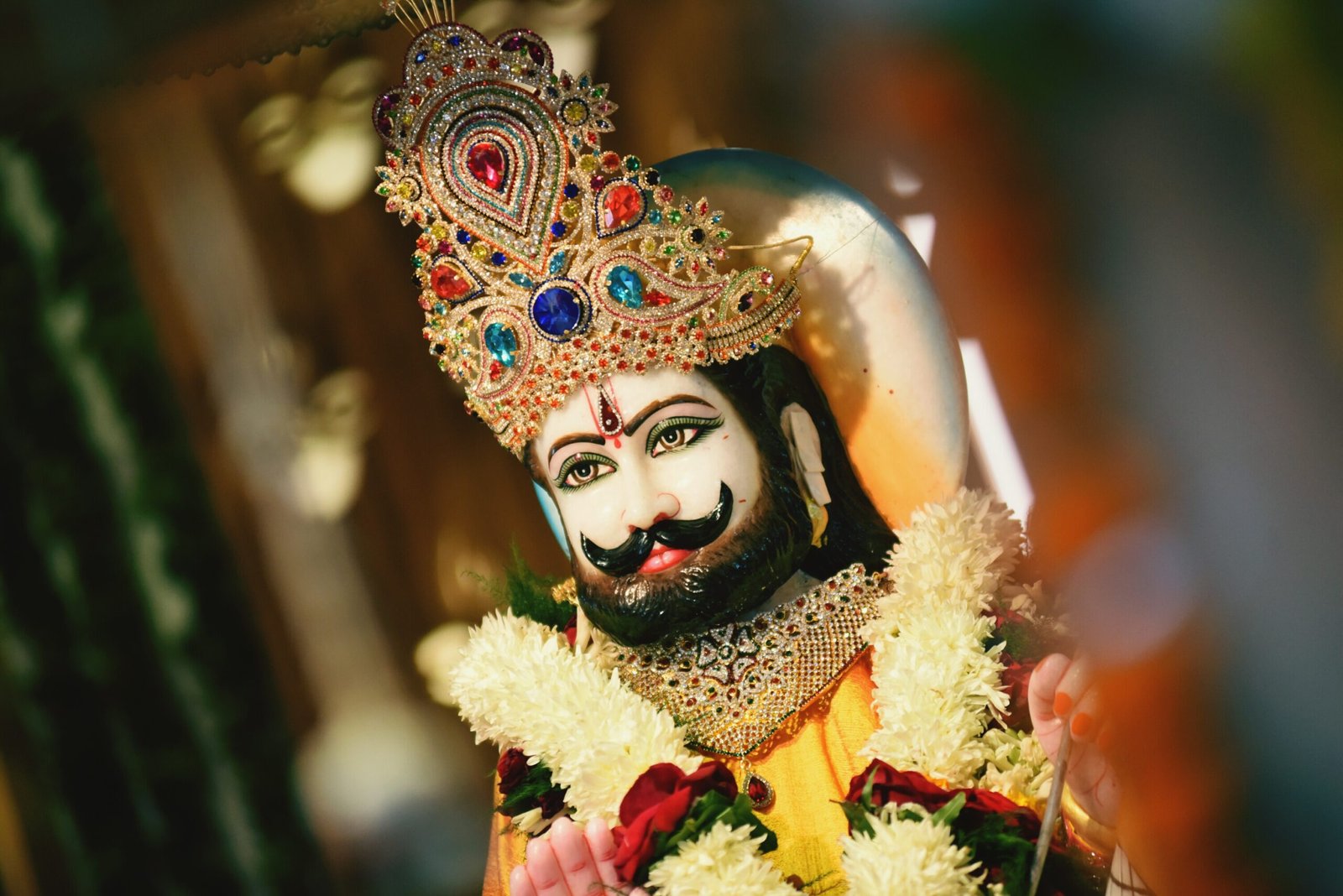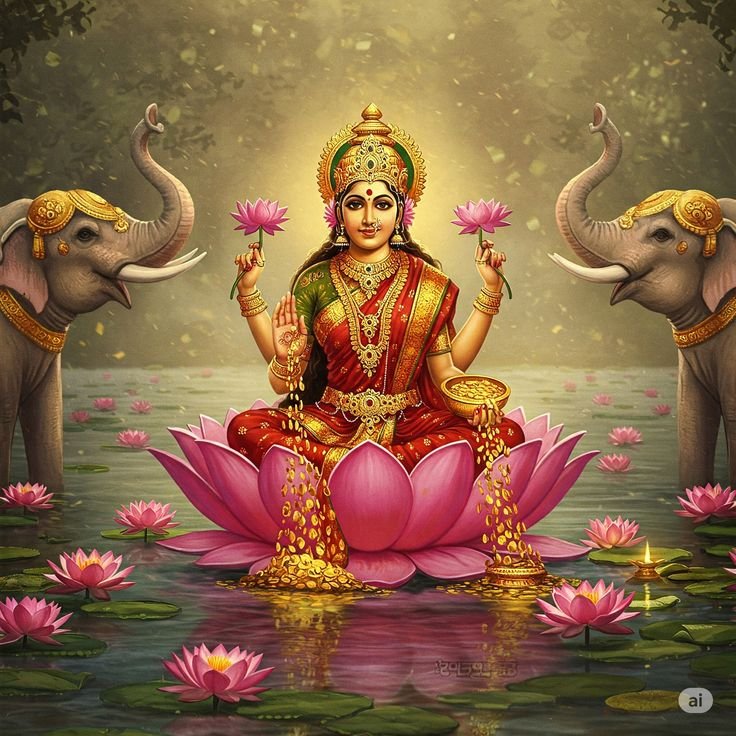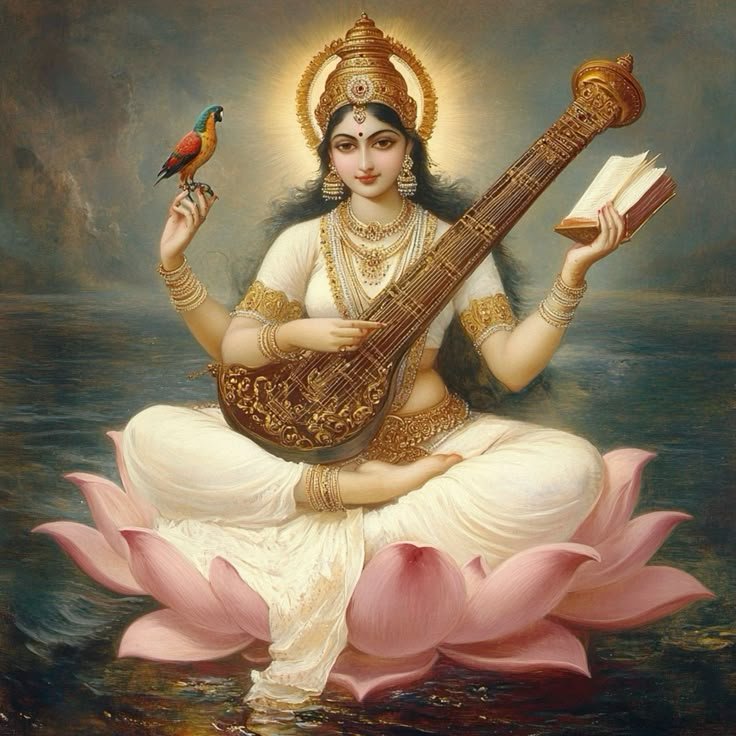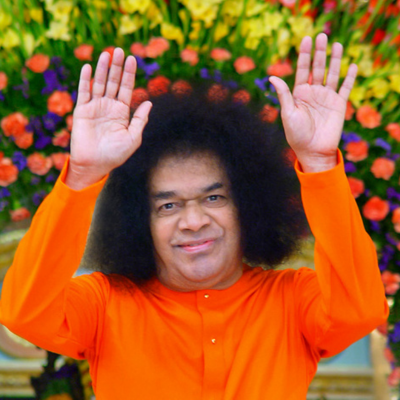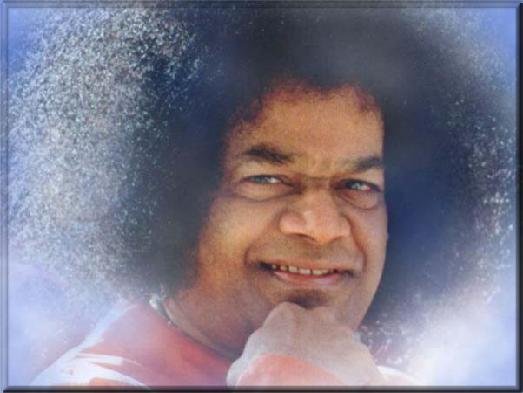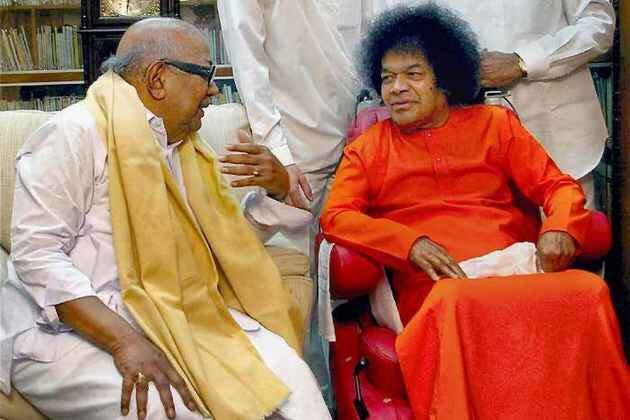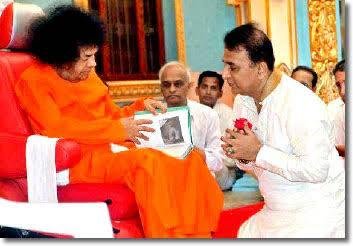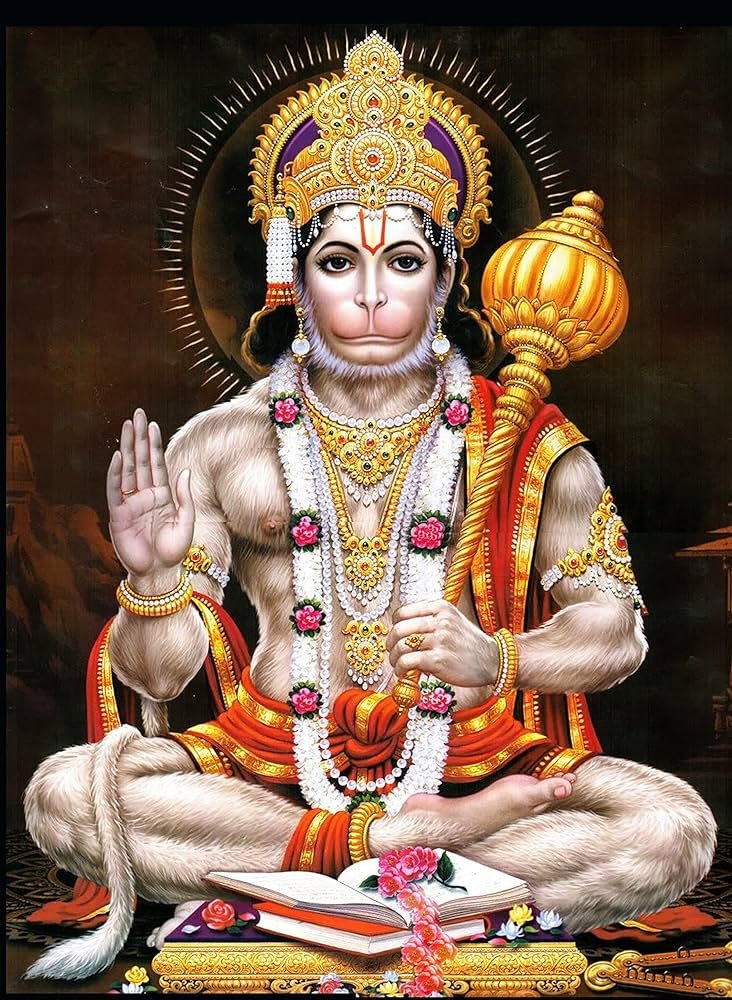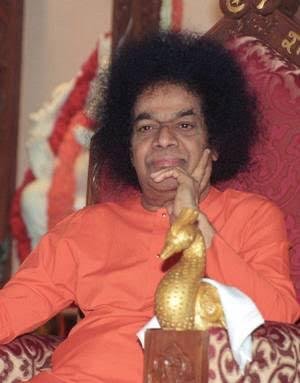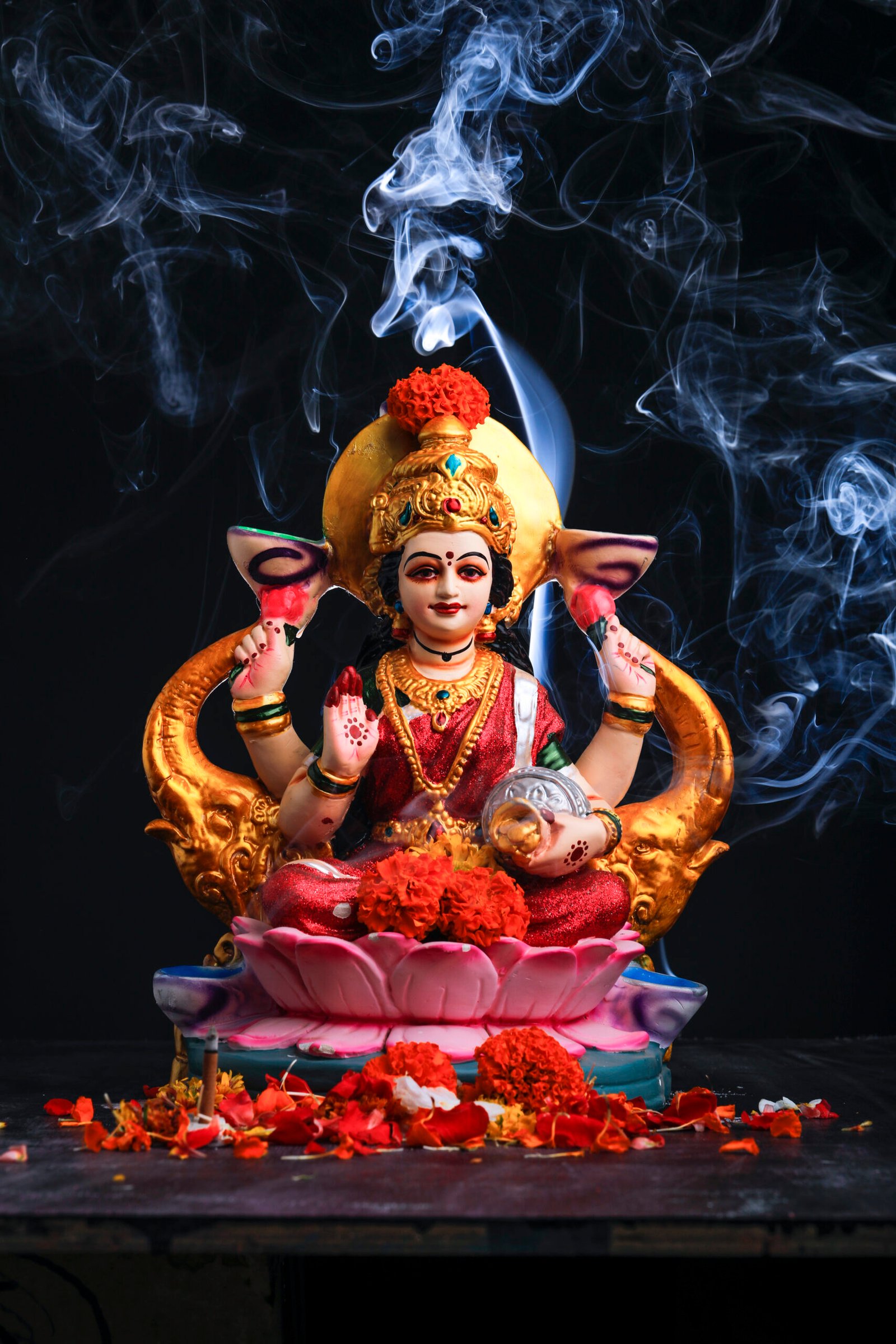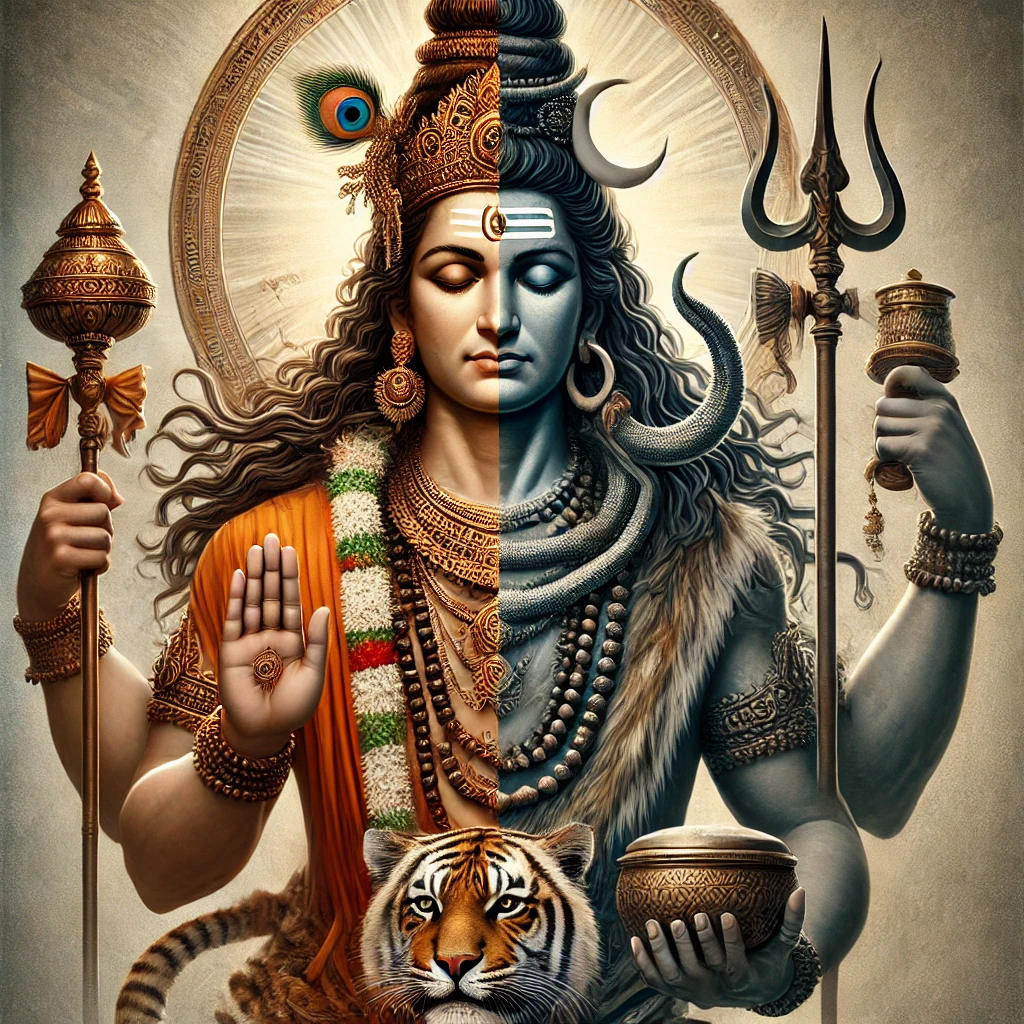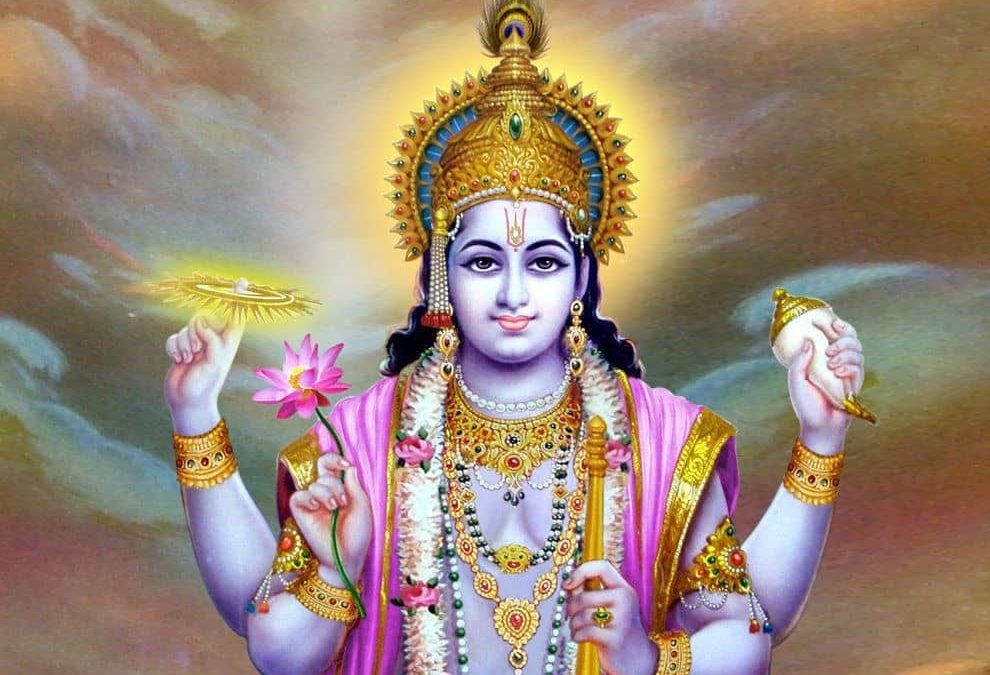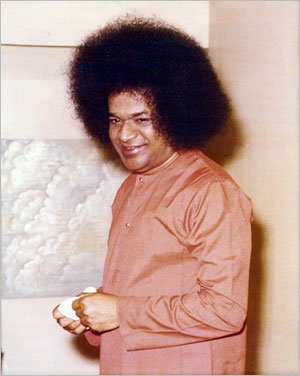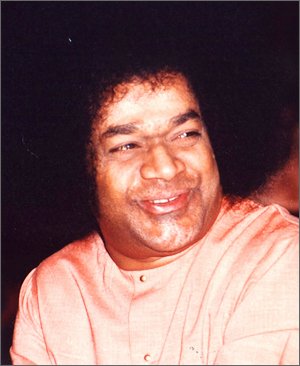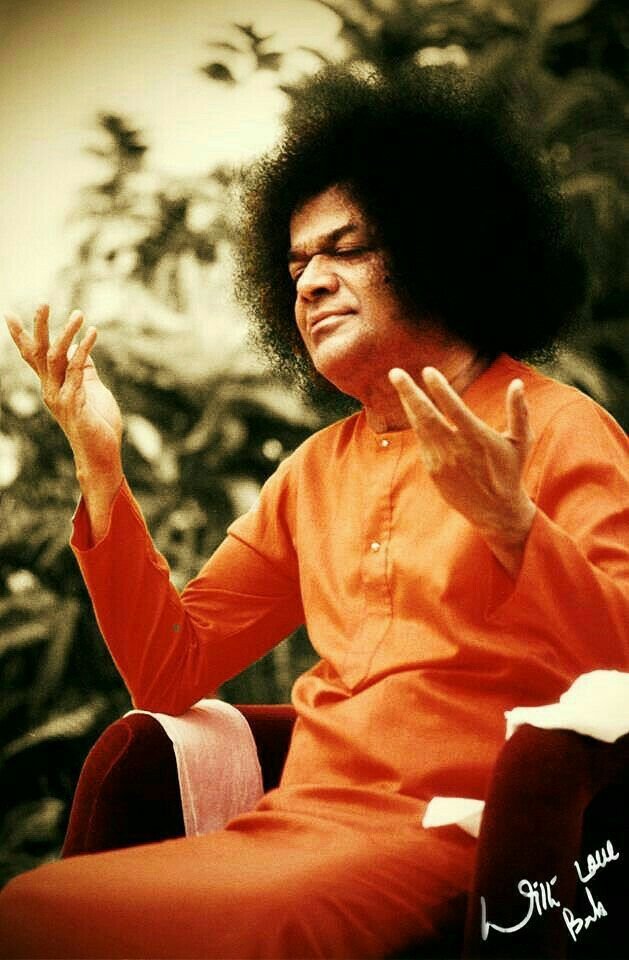Vishnu Smriti
Vishnu Smriti
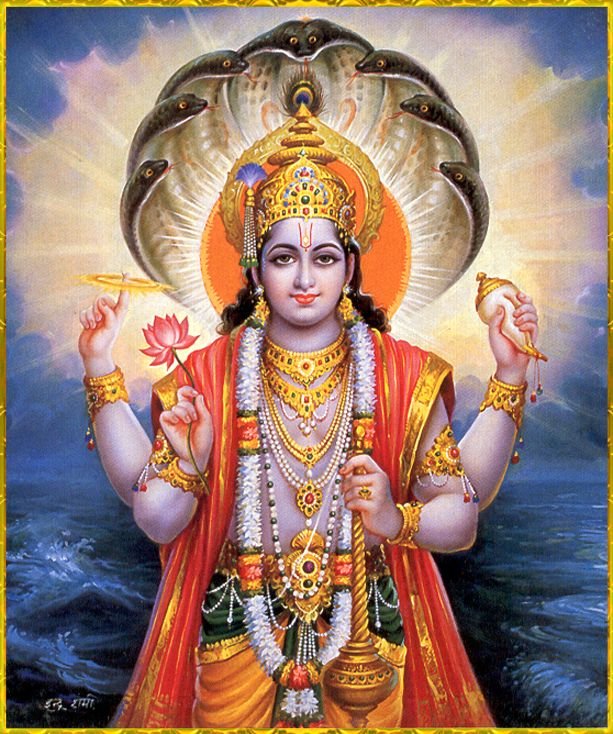
The Viṣṇu Smriti, also called the Vaishnava Dharmaśāstra, is one of the 18 principal Smritis and is attributed to Lord Viṣṇu himself, though in practice it was composed by followers of the Vaishnava tradition. It is considered one of the later Dharmaśāstras, composed probably between the 3rd and 7th century CE, and is unique for combining law, ritual, and devotion in a single framework. Unlike the older Dharma Sūtras, which are aphoristic, the Viṣṇu Smriti is written entirely in metrical verse (śloka form), making it closer in style to Manu Smriti. It is divided into 100 chapters with about 1,000 verses, covering topics of Ācāra (conduct and daily duties), Vyavahāra (law and judicial matters), and Prāyaścitta (penances and expiations), along with strong emphasis on bhakti (devotion to Lord Viṣṇu).
The content of the Viṣṇu Smriti is very wide-ranging. It lays down rules for personal conduct, purity, marriage, inheritance, duties of kings, administration of justice, witness testimony, punishments for crimes, and property disputes. Its sections on Prāyaścitta (penances) are especially detailed, prescribing fasting, pilgrimages, mantra recitations, and acts of charity for sins of various degrees. What makes this Smriti unique is its integration of religious devotion with legal and social duties. Along with laws and rituals, it emphasizes bhakti towards Lord Viṣṇu, the chanting of his names, temple worship, and surrender to God as a path of liberation. It also advocates ethical virtues such as truthfulness, non-violence, compassion, and purity of heart, giving it a distinctly spiritual orientation.
The significance of the Viṣṇu Smriti lies in its synthesis of dharma and devotion. It was widely cited in medieval legal digests, especially for rules on penance and conduct, but also became an important manual for the Vaishnava community, linking law, morality, and bhakti. While it followed the classical Dharmaśāstra tradition of Manu and Yājñavalkya, it gave a new dimension by placing Viṣṇu at the center of dharma. Today, the Viṣṇu Smriti is studied both as a legal text and a devotional scripture, reflecting how Hindu law gradually evolved to integrate religious devotion with social and legal life.



